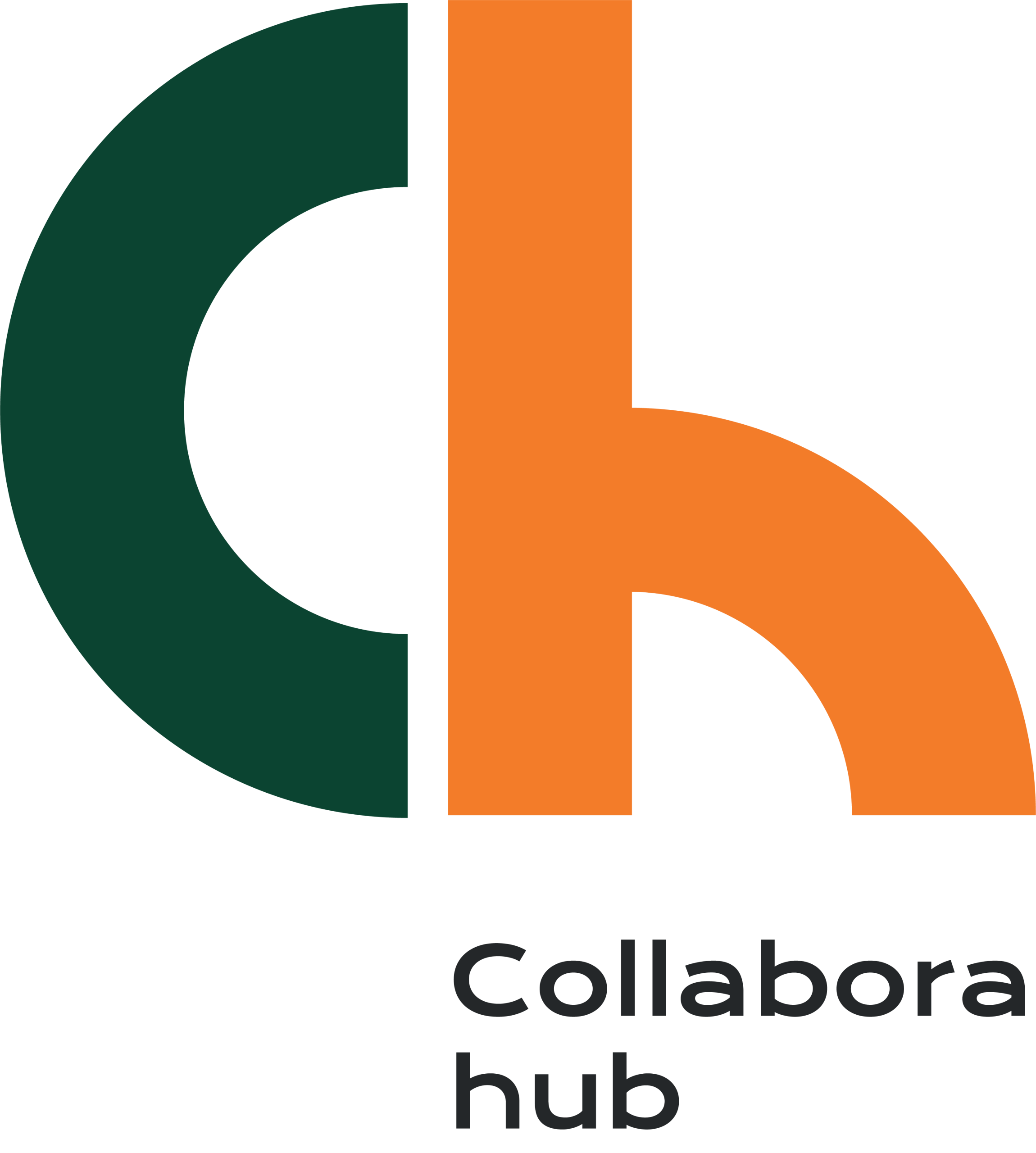Profile : Tshiamo Mokgage

Hello world. Meet Tshiamo Mokgage, a rising South African freelancer and business woman. This is how she is transforming South African and international businesses : Last month ( August) was Women’s Month in South Africa, we asked her what it meant to her and what advice she would give to young girls. The following were her responses. What does Women’s Month mean to you? Women’s Month holds great meaning for me. It serves as a crucial opportunity to spotlight and celebrate the countless women who often go unnoticed despite their incredible contributions. While I believe that recognition should not be limited to just one month, I acknowledge that Women’s Month provides a valuable platform for bringing attention to those whose achievements might otherwise be overlooked. It’s a chance to honour both the women who have made groundbreaking strides and those whose everyday efforts deserve acknowledgment. Women’s month is about creating opportunities for women to shine and ensuring their voices and accomplishments are celebrated. What advice would you give girls in high school about freelancing, business / entrepreneurship? As cliché as it might sound, Nike said it best: Just Do It. That dream did not randomly appear in your heart; it was meant for you and there is a purpose behind it. While waiting for the perfect moment or opportunity can be tempting, perfect timing often doesn’t arrive. Instead, have faith and take the leap. The journey itself is where growth and discovery happen, not at some final destination. Just embrace the process, give it your all, and be open to learning new things along the way. Links to her channels LinkedIn Instagram Company Page
Coffee Shops & Restaurants for South African Freelancers.

Freelancing means working from home but that has it’s own disadvantages. Indeed cites distractions, isolation and an imbalance between work and life as some of the cons of working from home. There are alternative working spaces available for freelancers besides working from home. One of the most popular spots for freelancers are coffee shops and restaurants. They offer hot beverages, food, free wifi and a space to meet fellow freelancers. They also have less admin and fees associated with rented shared working spaces. Some co-shared working spaces in South Africa range from R890 to R2890 per person per month. The only associated fees that come with coffee shops and restaurants is only paying for your beverage and food. Here are some of the features South African freelancers should look out for when picking a coffee shop or restaurant to work from : Stable Free Wifi : This kind of internet connectivity in coffee shops and restaurants allows freelancers to download and upload files quickly, attend team meetings and meet deadlines effectively. Therefore, if you are freelancing in South Africa you might want to watch for spots that have complementary stable wifi. Comfortable Seats : This promotes good posture, reduces fatigue, stiffness allowing freelancers to have optimal focus and concentrate better on their tasks. Spending long hours on chairs can lead to aches and pains which can be distracting so you might want to pick a place with comfortable seating. Quiet Atmosphere : Pay attention to the surroundings before picking your coffee or restaurant for the day. Avoid places with construction work happening around unless you have the noise cancelling headphones that will block out the noise. In a quiet environment, freelancers can enter a state of flow allowing maximum productivity and creativity for those who are in creative industries. Multiple Power Outlets : Spending a couple of hours at a coffee shop or restaurants means your devices are likely to run out of power at some point. The smartest decision would be to choose a place that does only have power outlets but multiple outlets. You want to avoid an awkward situation where you ask someone else to share. So multiple outlets would be a bonus! Backup Power : If you are in South Africa, you are familiar with the word ” load shedding”. While most coffee shops and restaurants have backup power, it is best not to assume and ask outright before you sit down and get interrupted during your work sessions. Therefore, backup power is another nice feature to add when looking out for spaces to work out from. Having said that, let’s tap into a few recommendations provided by some members of the Collaborahub community. This also includes spots that are not exclusively coffee shops and restaurants. Fair warning, these are Gauteng biased but most of the list mentions franchises with nation wide outlets. SEATTLE COFFEE CO – ROSEBANK ( Muphulusi Nefale, Founder) ” Seattle Coffee stood out for me out of all coffee shops that I go to. I liked the round table, the plugs and the fact that there seemed to be an active community of people working there. It seemed people do this regularly so Seattle is my recommendation” The Rosebank Branch also came highly recommended by Tshego and Tshimologo Leburu who provided us with a picture from her work session : 2. SEATTLE COFFEE CO – BRAAMFONTEIN ( Denzel Machaka, Social Media Manager and Copywriter) ” I loved the creative atmosphere. There was great lightning , seats and also plugs for charging devices. The coffee was also great! ” 3. Mamakashakanadfriends – BRAAMFONTEIN ( Tshego, Community Member) ” Best working day would be Friday” “ 4. EXCLUSIVE BOOKS – HYDE PARK ( Tshego, Community Member) ” Great place but may get noisy because of Olives & Plates” 5. BOOTLEGGER COFFEE ( Ntando Mdletshe, Community Member) 6. ABIZ RESTAURANT, LONGPOINT – ( Ntando Mdletshe, Community Member) That’s the end of our short and sweet list. We will accommodate more places outside Gauteng in our upcoming blogs. Seattle Coffee for example has nationwide outlets so any freelancer outside Gauteng can try Seattle Coffee as a working space. We will also encourage South African freelancers to join our Hive days, if you missed the last blog on Hive days post, check it out here If you want to join our WhatsApp community you can join using this link
Celebrating Freelancers : International Workers’ Day 2024
Freelancing, in South Africa and globally is slowly becoming a recognized and vital part of the modern workforce despite the misconceptions about it not being ” real work” or a ” real career”. Today (at the writing of this article) is International Workers’ Day 2024 and we want to reflect on freelancers as a significant part of the local and global workforce. Before we explore the value of freelancers in the modern workforce let us explore one of the misconceptions about freelancing. Stability and Structure – Traditional jobs typically offer a stable income versus freelancing which comes in seasons of plenty and seasons of lack. This is not to suggest that freelancers cannot experience stability in income. However, the reality for many freelancers is that they experience fluctuations in terms of income especially in our current economic climate where some economies are going through recession. Inconsistent gigs deepen misconceptions about freelancing not being ” real work”. In addition to this, traditional jobs usually come with a set schedule and employee benefits such as medical aid benefits which is usually the case for full-time workers in South Africa. Globally, in countries such as the United States of America, employees usually get health insurance and dental care. Freelancers do not have the privilege of this and usually have to sort out this sort by themselves. This worsens misconceptions about freelance work not being ” real work”. Despite this, freelancing is a valid form of employment for the following reasons Income Generation – Freelancing is not a get-rich-quick scheme. It takes a long time to build a successful profitable freelance business and individuals with experience and highly specialized skills can command great rates and generate good income for themselves. This exchange of skills for monetary value makes such freelancers valid workers in the local and global workforce. Skill Development – The freelance pool is quite cutthroat and competitive. This necessitates freelancers to constantly keep up with their various industries through upskilling via courses, boot camps, and other professional development programs. One can argue that, unlike traditional employees, freelancers take professional development more seriously to stay relevant and competitive in the South African labour market and globally as well. Freelancing also exposes one to diverse projects and clients which makes it a valid form of employment as this also happens in traditional forms of employment. Having said this, let’s explore more the value of freelancers to South African, regional, and international businesses. 1. Skill and Innovation Access: Businesses can tap into a wider pool of specialized talent, gaining access to fresh ideas and expertise that might not be available locally. This fosters innovation and competitiveness across industries. 2. Scalability and Cost-Effectiveness: Companies can scale their workforce up or down based on project needs, reducing overhead costs associated with full-time employees. This flexibility is particularly beneficial for startups and growing businesses. 3. Global Talent Marketplace: Freelancing platforms connect freelancers worldwide, creating a global talent pool. This allows businesses to find the perfect fit for their needs, regardless of location, and for freelancers to offer their services to a broader market. 4. Diversity and Inclusion: Freelancing empowers individuals from various backgrounds and locations to participate in the workforce, fostering a more inclusive work environment. In conclusion, freelancers are welcome at the International Workers’ Day table, they also deserve to be recognized and celebrated for their contributions to the local South African workforce and the global workforce as well. If you are new to freelancing, be sure to check out our webinars here. If you wish to join our WhatsApp community, feel free to join using this link
5 Free Resources to Launch Your Freelance Business
Freelancing has become a buzzword over the years and it almost seems like it is a new concept when it has been around for longer. The word ” free lance” dates back to the 1800s British history when members of private armies were called ” free lances”. Now that we have delved into a little bit of history it’s time to come back to the present. Launching your freelance business can be costly given that there are paid services that can set you up for success. However, this does not mean you cannot pursue your freelance business if you have little to no money. Here are 5 free resources to set you up for success if you are in South Africa. 1. Canva Topping the list is Canva. This is your branding kit as a beginner. If you have not heard of Canva yet then you must be living under some rock ( just kidding!). Canva helps you create professional graphics with provided templates on the free plan. You do not need to hire a graphic designer ( although you will need one as your brand and wallet grows). Canva helps you show up professionally with clean cutting-edge visuals that will entice clients and make them work with you. This intuitive platform boasts a vast library of templates, fonts, and stock photos, allowing you to craft stunning logos, social media graphics, presentations, website mockups and most importantly visually appealing portfolios! Canva’s user-friendly interface makes it a breeze to navigate, even for non-designers. With a little creativity, you can design a cohesive brand identity that reflects your unique style and expertise. This not only projects professionalism but also sets you apart from the competition. 2. Trello As a freelancer, you are your own project manager and Trello helps you move through your projects with ease! Freelancing often involves juggling multiple projects with varying deadlines. Trello comes to the rescue, acting as your free project management command center. This visual tool utilizes “boards” and “cards” to organize your workflow. Create separate boards for each client or project. Within each board, use cards to represent tasks, deadlines, and notes. Trello allows you to assign collaborators (if you choose to outsource), attach files, and track progress – all in one centralized location. Pro Tip: Take advantage of Trello’s automation features. Set up automatic reminders for deadlines, trigger card movements based on progress updates, and create checklists within cards to ensure no detail gets missed. 3. Google Docs. Proposals are your gateway to landing clients but crafting compelling proposals can be a time-consuming struggle. Google Docs offers a free and accessible solution. Start by building a template that showcases your expertise and value proposition. Include sections outlining your services, experience, and a clear call to action for the client. Leverage Google Docs’ collaborative features to allow potential clients to leave comments and feedback – demonstrating your openness to communication. Pro Tip: Integrate free add-ons like “DocuSign” for electronic signatures, streamlining the proposal approval process. 4. Clockify. As a freelancer, understanding your time investment is crucial. Clockify is a free time-tracking tool that helps you monitor how long you spend on tasks and projects. This valuable data allows you to identify areas for improvement. Analyze your time logs to see where you might be lagging or overspending time. This allows you to optimize your workflow and boost productivity. Pro Tip: Explore Clockify’s reporting features to generate insightful data visualizations. This can help you identify trends and make informed decisions about your workload and pricing strategy. 5. Social Media. Social media can help you launch your freelance business and most are free to use with an internet connection ( If you are reading this I assume you have an internet connection) Social media platforms like LinkedIn, Twitter, and even Instagram (depending on your industry) are powerful tools for connecting with potential clients and building a strong professional network. * Position yourself as an expert: Share valuable content related to your field, participate in industry discussions, and showcase your expertise. * Connect with relevant communities like us ( CollaboraHub), also join forums where your clients are active. * Engage and build relationships: Respond to comments, participate in discussions, and build rapport with potential clients. Pro Tip: Don’t just be a broadcaster, be a connector. Share the work of others in your field, engage in genuine conversations, and establish yourself as a valuable resource within your online community. There you have it. 5 free resources that can help you launch your freelance business in South Africa. While the ideal will be to subscribe to different “fancy” services. The truth remains you can still build a business if you only have an internet connection. Go ahead and check out the resources listed above. If you liked this post, leave a comment with your views or useful free services.
5 Steps To Launch Your Freelance Business From Scratch ( South African Freelancer Edition)

Freelancing has become a significant movement in the labor market since the pandemic which normalized remote work not only in South Africa but globally as well. Freelancing has also allowed many South Africans, an opportunity to earn a living given the brutal unemployment stats in the country. If you want to join this growing movement in the labor market then you have come to the right place. At Collaborahub, we assist South African freelancers find their feet and grow their their business. Firstly, congratulations on taking this big step, and we know you might be confused but we here to help you.
